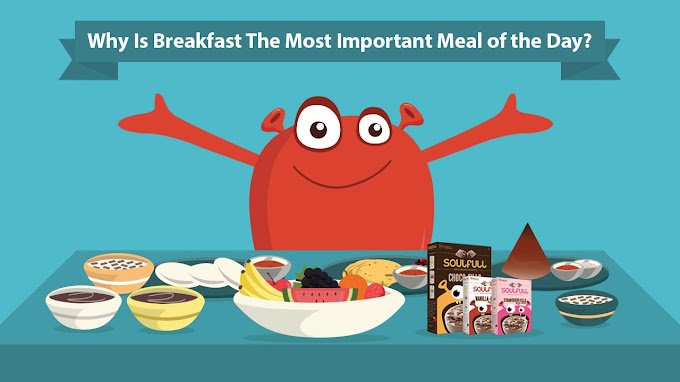You could have gone up to 10 hours without eating when you awaken from your nighttime slumber. Your body restores its energy and nutritional reserves with breakfast.
Energy
Glucose is the body's main energy source. You digest and absorb glucose from the carbs you consume. The majority of the body's energy is stored as fat. However, your body also stores a little quantity of glucose as glycogen, primarily in your liver and part of it in your muscles.
The liver breaks down glycogen and releases it as glucose into the circulation during periods of fasting (without eating), such as overnight, to maintain stable blood sugar levels. This is crucial for your brain, which nearly exclusively uses glucose as fuel.
Your glycogen levels are low in the morning after going up to 12 hours without eating. Your body begins to break down fatty acids to provide energy if your glycogen stores are completely depleted. However, fatty acids are only partly metabolized in the absence of carbs, which might lower your energy levels.
Breakfast increases your energy levels and replenishes your glycogen stores so that your metabolism is maintained throughout the day.
It may seem like skipping breakfast may help you consume fewer calories overall.
However, research indicates that despite consuming more calories, those who have breakfast are often more active in the morning than people who don't eat until later in the day.
Essential vitamins, minerals, and nutrients
Important nutrients including folate, calcium, iron, B vitamins, and fiber are abundant in breakfast meals. A large portion of your daily overall nutritional intake comes from breakfast. In actuality, those who have breakfast are more likely than those who skip it to get the required daily amounts of vitamins and minerals.
Even while your body can typically find enough energy to last until the next meal, you still need to top up your vitamin and mineral levels to preserve health and vigor. Essential vitamins, minerals, and other nutrients can only be obtained through food.
Breakfast helps you control your weight
Regular breakfast eaters are less likely to be fat or overweight. Why this is the case is still being investigated. Because: Eating breakfast is believed to help you manage your weight.
It minimizes significant variations in your blood glucose levels and aids with appetite management.
Breakfast fills you up before you are truly hungry, so when hunger strikes you're less inclined to go for whatever food is handy (for example high energy, high-fat foods with added sugars or salt).
Breakfast boosts brainpower
If you skip breakfast, you could feel a little lethargic and find it difficult to concentrate. This is a result of your brain lacking the glucose it needs to function. According to studies, skipping breakfast might have an impact on your memory, concentration, and mental agility. Some jobs may feel more difficult than they would otherwise due to this.
Regular breakfast eaters among kids and teenagers also frequently outperform those who miss breakfast in terms of academic performance. Additionally, they have a higher sense of closeness with their instructors and other adults at school, which enhances their intellectual and physical well-being.


.png)


.png)

